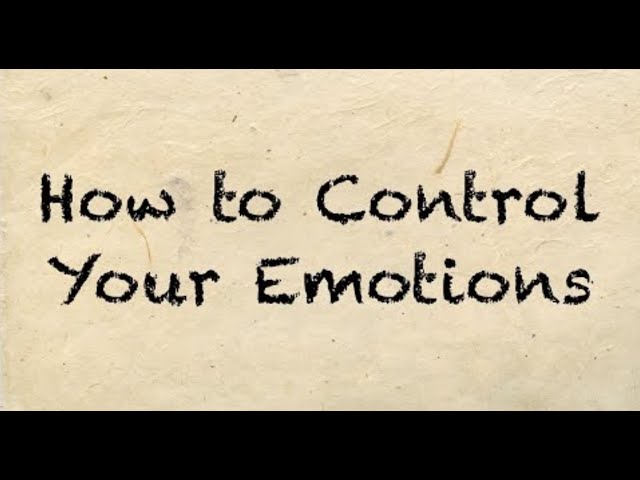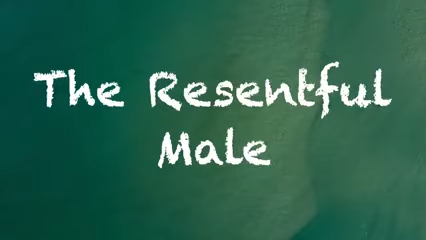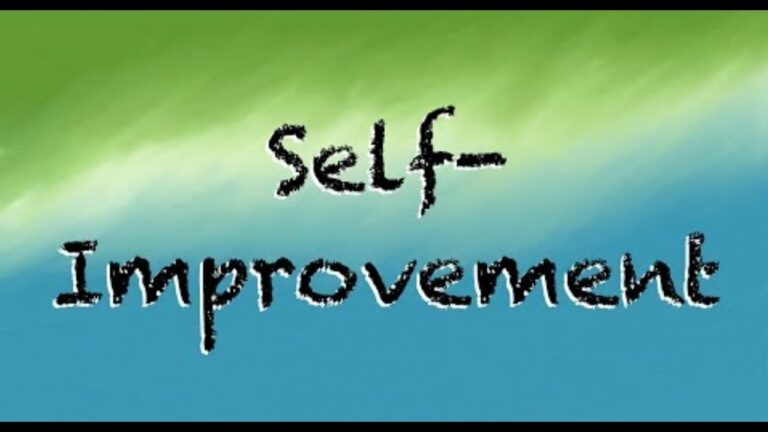Love

The Truth About Love: Conditional vs Unconditional Love
Love is a concept that we all strive for, hoping to find that one person who will accept us for who we are, flaws and all. We yearn for unconditional love, the kind of love that knows no bounds and has no conditions attached to it. However, the reality is that all love is conditional, whether we want to admit it or not.
Key Ideas
- 🌟 Many people long for unconditional love, believing it to be attainable, but it’s largely an illusion akin to chasing after Santa Claus or the Easter Bunny.
- 💔 Love, in reality, is conditional, although it differs from transactional love where there’s an exchange; rather, it depends on certain qualities or attributes being present.
- 🤝 Even close friendships are often based on conditional love, as they stem from shared interests and experiences.
- 💘 The notion of unconditional romantic love is deeply ingrained in Western civilization, largely influenced by literary works like Dante Alighieri’s “Divine Comedy” dedicated to Beatrice, whom he barely knew.
- 🌹 Crushes in youth often represent the closest experience to unconditional love, where one idealizes the object of affection without truly knowing them.
- 📜 Dante’s infatuation with Beatrice, despite minimal interaction, highlights the roots of Western culture’s idealized notion of perfect love.
- 👪 Relationships, whether familial or romantic, are bound by conditions, explicit or implicit, which shape the dynamics of love and affection.
- 🤔 Understanding and acknowledging the conditions inherent in love relationships is essential to avoid disillusionment and heartbreak.
The Illusion of Unconditional Love
We often have this romanticized notion of finding someone who will look into our soul and love us completely, without any conditions or hesitation. It’s like searching for Santa Claus or the Easter Bunny – a futile quest that will only lead to disappointment. The truth is, unconditional love doesn’t exist.
Love can be categorized into two types – transactional and conditional. Transactional love is based on an exchange – “I will give you love if you give me something in return.” On the other hand, conditional love is based on certain qualities or attributes that we possess, and the love depends on those conditions being met.
Conditional Love in Relationships
We often see conditional love in our relationships with friends and romantic partners. We are drawn to people who share similar interests and hobbies, as it creates a sense of connection and understanding. This conditional love is not something to be ashamed of or deny – it is a natural part of human relationships.
Even in romantic relationships, we may try to convince ourselves that we are seeking unconditional love. We keep searching for that one person who will love us without any conditions, but the truth is, we have experienced this unconditional love before – during our childhood crushes.
The Crush: A Glimpse of Unconditional Love
Think back to when you were young, and you had a crush on someone. It could have been a girl or a boy who captured your heart instantly. You were infatuated with them, even though you didn’t truly know them. This is the closest we come to experiencing unconditional love.
When we have a crush, we believe that if we could just show our true selves to that person, they would fall in love with us in the same way. But the reality is that our crush is not based on who the person truly is – it’s a projection of our own desires and fantasies.
For example, I remember having a crush on a tall, thin, blonde girl when I was a young boy. I thought she was the epitome of perfection. However, one day, during a casual conversation, she said something that shattered my illusions. I realized she was just an ordinary girl, not the unicorn I had imagined her to be.
The Origins of Unconditional Love
Unconditional love, as we understand it in Western culture, is a relatively recent concept. It can be traced back to Dante Alighieri, the Italian poet who wrote the epic poem “The Divine Comedy.” Dante dedicated this work to his muse, Beatrice – a woman he barely spoke to and only met a few times in his life.
Beatrice became the embodiment of perfect love for Dante, and from this infatuation, he created one of the greatest works of Western literature. This idea of unconditional, perfect love has permeated our culture and influenced our understanding of relationships.
The Reality of Conditional Love
Love, in all its forms, is based on conditions. It’s not about being transactional, but rather about the qualities and attributes that we value and seek in others. We impose conditions on the people we love, and they, in turn, have expectations of us.
These conditions can be explicit or tacit. Some are generic, like being kind and respectful, while others are more specific to individual relationships. For example, in a romantic relationship, physical attraction and emotional connection are often important conditions.
Even in familial relationships, such as the love between parents and children, conditions exist. A father’s love for his son may change if it is discovered that the child is not biologically his. A mother’s love may fluctuate depending on the circumstances the family goes through.
Accepting the Reality of Conditional Love
It’s important to recognize and accept that all love is conditional. Holding onto the idea of finding someone who will love us unconditionally only sets us up for disappointment and heartbreak. Instead, we should focus on understanding and communicating our own conditions and expectations in our relationships.
By being honest with ourselves and our partners, we can create healthier and more fulfilling connections. Love is a beautiful thing, but it is essential to approach it with open eyes and a realistic understanding of its nature.
Conclusion
Love is a complex and multifaceted emotion. While we may yearn for unconditional love, the truth is that it doesn’t exist. All love is conditional, and that’s okay. Understanding and embracing this reality can lead to more honest and fulfilling relationships.
So, let go of the notion of finding a unicorn – that person who will love you without any conditions. Instead, focus on building connections based on mutual respect, shared values, and open communication. That is where true, lasting love can be found.






